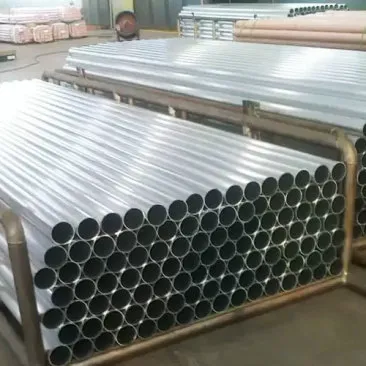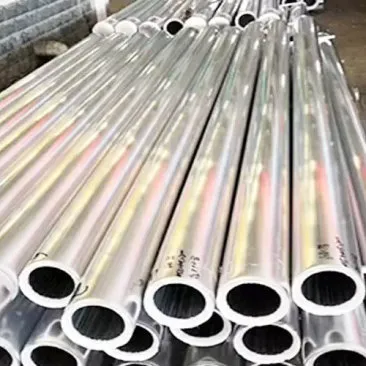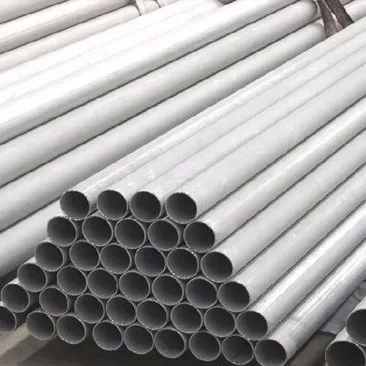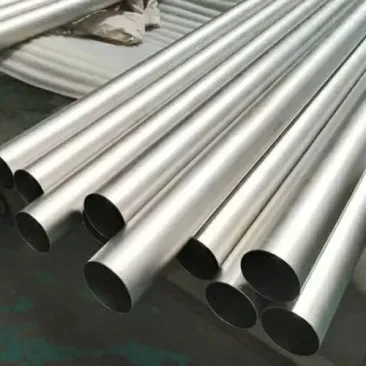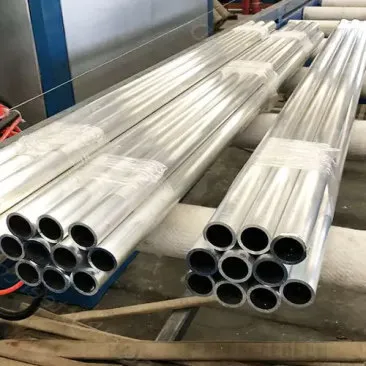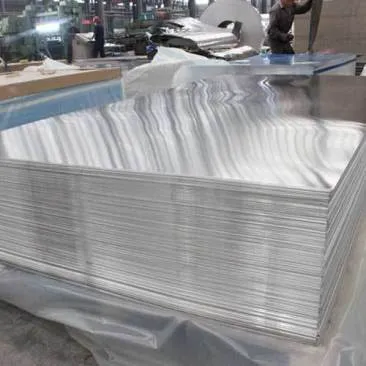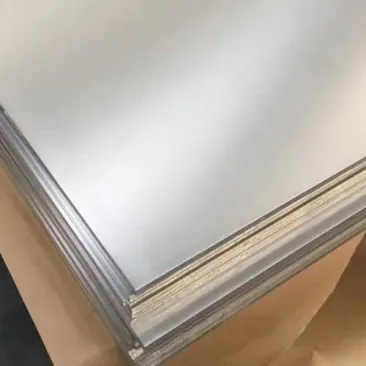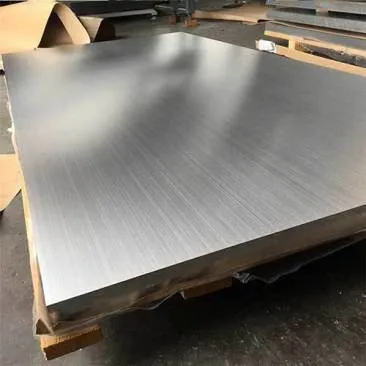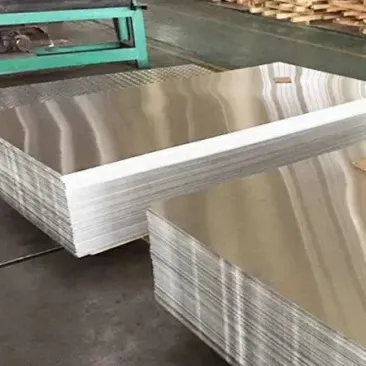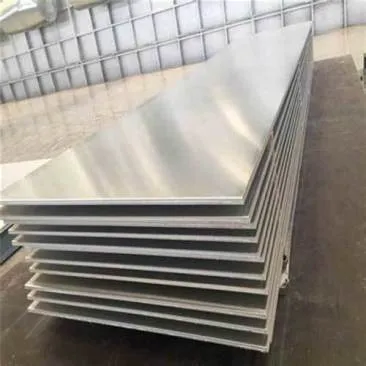2024 aluminum alloy, the main alloying elements are copper and magnesium.
Applications where high strength but low weight ratio is required, and good fatigue strength.
Not weldable , general processing performance.
Because of poor corrosion resistance, aluminum-zinc splints are often used as protection, which results in reduced fatigue strength.
6082-T6 aluminum, the main alloying elements in the alloy are magnesium and silicon, with excellent processing performance, excellent weldability, extrusion and electroplating, good corrosion resistance, toughness, easy to polish, coating, excellent anodic oxidation effect, is a typical extrusion alloy.
The mechanical properties of 2024-T3 aluminum alloy can be significantly improved after heat treatment. 2024 is a typical duralumin alloy in the aluminum-copper-magnesium system. It is a heat-treatable alloy with high strength, easy to work, easy to turn, and moderate corrosion resistance.
5754 aluminum alloy is a typical al-Mg alloy with moderate strength, good corrosion resistance, weldability and easy to be formed.
In foreign countries, 5754 aluminum alloy sheet with different heat treatment status is the main material used in automobile manufacturing industry (car doors, molds, seals) and can industry.
5083 belongs to Al-Mg-Si alloy, which is widely used, especially in the construction industry.
It is the most promising alloy. Good corrosion resistance, good weldability, good cold processing, and has moderate strength.
The main alloy element of 5083 is magnesium, which has good forming performance, corrosion resistance, weldability and medium strength.
1060 aluminum plate is widely used in products with low strength requirements.
Products are often used in signs billboards, building exterior decoration, bus body, tall buildings and factory wall body adornment, kitchen sink, lamp holder, fan blade, electronic parts, chemical equipment, mechanical parts, deep drawing of sheet or spinning concave ware, welding part, heat exchanger, clock surface and plate, plate, kitchenware, ornaments, reflective equipment, etc.
6063 aluminum alloy material. The main alloy elements are magnesium and silicon, with excellent machining performance, excellent weldability, extrusion and electroplating, good corrosion resistance, toughness, easy to polish, color film, excellent anodic oxidation effect, is a typical extrusion alloy.
6063 aluminum alloy profile with its good plasticity, moderate heat treatment strength, good welding performance and anodic oxidation treatment, gorgeous surface color and many other advantages, is widely used in building profiles, irrigation pipes, for vehicles, platforms, furniture, elevators, fences and other tubes, bars, profiles.
Al-cu-mg-zn alloy, which is made by adding Zn on the basis of duralumin.
This kind of alloy is currently the highest strength of aluminum alloy, higher than other aluminum alloy strength, so called super hard aluminum.
Disadvantage is also very poor corrosion resistance, can improve the artificial aging temperature or aluminum.
Super hard aluminum alloy with "aluminum chao" Chinese pinyin prefix "LC" plus serial number. Such as LC4, LC6, etc., are mostly used to manufacture important components with large stress, such as aircraft girders.
5052 aluminum sheets belong to Al-Mg aluminum alloy, where magnesium is the main element inside.
This kind of alloy is the most extensively used anti-rust aluminum and it has high strength, extraordinary fatigue resistance, excellent plasticity and corrosion resistance; it is non-heat treatable: it has high plasticity at annealed condition, good plasticity when semi-cold hardening, while low plasticity during cold hardening.
It can be polished and has good corrosion resistance, excellent weldability, but poor machinability.
5052 aluminum sheets have been certified by ASTM B209 and our production are all conducted according to international standards.
5052 represents the brand of the product, and the word "5" indicates that the modified product belongs to the aluminum-magnesium alloy product.
According to the chemical composition, it can be seen that the magnesium alloy content of the product is between 2.2-2.8%, and the density is 2.68.
Generally enterprises take the median value of 2.5% magnesium alloy content in the processing process, so this series of aluminum plate can become AlMG2.5.



